#Billy Higgins
Text

Jackson Pollock The White Light (1954)
included in the gatefold for the 1961 LP Free Jazz: A Collective Improvisation by The Ornette Coleman Double Quartet
#jackson pollock#abstract expressionism#free jazz#ornette coleman#don cherry#scott lafaro#billy higgins#eric dolphy#freddie hubbard#charlie haden#ed blackwell#abstract art
324 notes
·
View notes
Text
The Timeless Artistry of Dexter Gordon: A Jazz Icon
Introduction:
Dexter Gordon, an influential figure in the world of jazz, left an indelible mark on the genre with his distinctive sound and unparalleled improvisational skills. Born one hundred and one years ago today on February 27, 1923, in Los Angeles, California, Gordon began playing the clarinet at the age of 13 before switching to the saxophone. His career spanned over five decades, during…
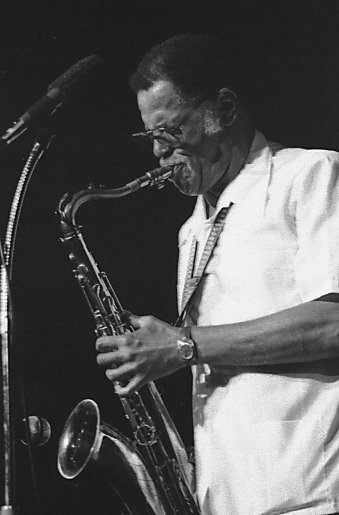
View On WordPress
#Bebop#Billy Higgins#Butch Warren#Charlie Parker#Dexter Gordon#Dizzy Gillespie#Go!#Jazz History#Jazz Saxophonists#Lester Young#Sonny Clark#Stable Mable#The Apartment#The Other Side of Round Midnight
12 notes
·
View notes
Text
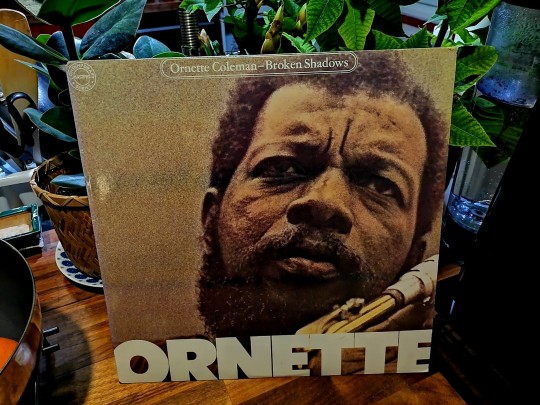
Ornette COLEMAN
"Broken Shadow"
(LP. Columbia. ? / rec. 1971-72) [US]
youtube
#ornette coleman#1971#usa#jazz#free jazz#charlie haden#dewey redman#don cherry#ed blackwell#billy higgins#bobby bradford#records#Youtube
7 notes
·
View notes
Text

#ornette coleman#science fiction#what reason could i give#asha puthli#charlie haden#dewey redman#ed blackwell#billy higgins
11 notes
·
View notes
Text
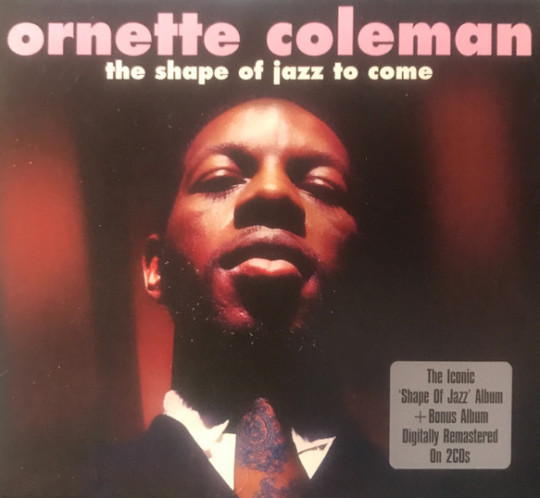
youtube
2X CD "The Shape Of Jazz To Come" (2010, Not Now) collects Ornette Coleman's 1958 debut, Something Else!!, and 1959's The Shape Of Jazz To Come - his first w/ my father - in one place. Also w/ Don Cherry, Billy Higgins.
6 notes
·
View notes
Photo
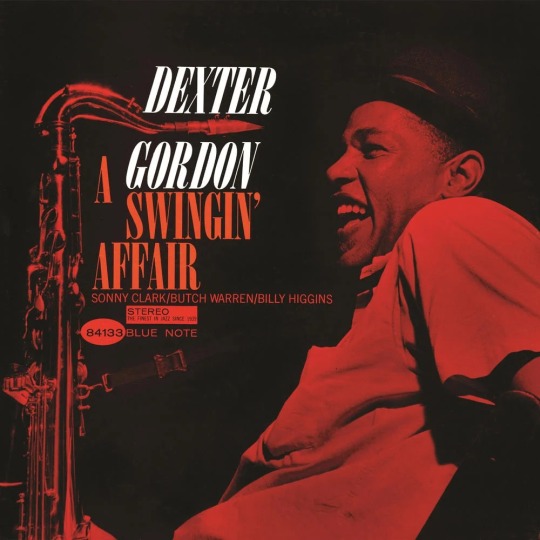
Dexter Gordon – A Swingin' Affair.
1962 : Blue Note BLP 4133.
! acquire the album ★ attach a coffee !
#jazz#jazz saxophone#jazz quartet#dexter gordon#1962#blue note#sonny clark#butch warren#Billy Higgins#rudy van gelder#1960s#1960s jazz
9 notes
·
View notes
Photo
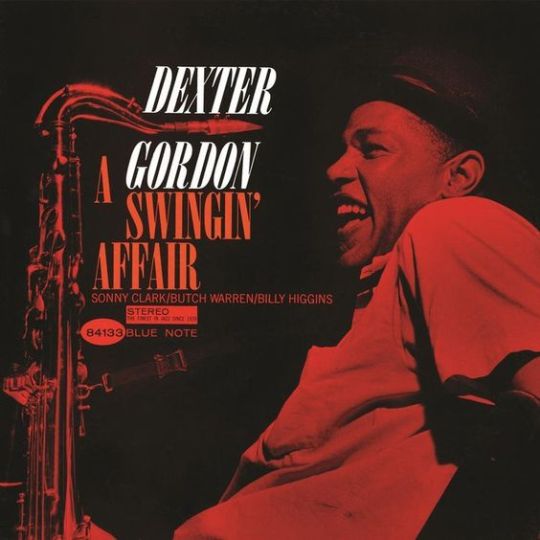
A Swingin’ Affair
#dexter gordon#sonny clark#butch warren#billy higgins#a swingin' affair#jazz#blue note#blue note records#vintage#Retro
59 notes
·
View notes
Photo

Source: kooler-king
31 notes
·
View notes
Text
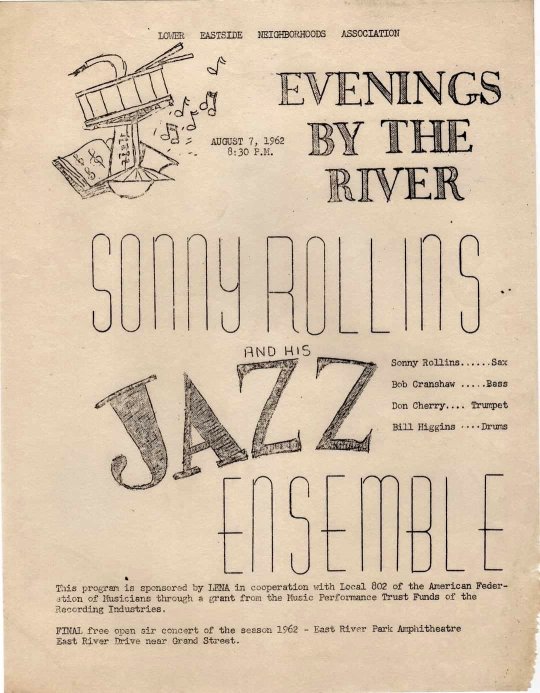
Sonny Rollins and his Jazz Ensemble - East River Park Amphitheatre, New York City, August 7, 1962
I'm about halfway through Aidan Levy's Saxophone Colossus: The Life And Music Of Sonny Rollins and I can't recommend it highly enough. Levy has done an astonishing amount of research, piecing together what is now a truly epic saga.
Sonny is a tough one to sum up, even in a 700-page bio — and not just because he's lived well into his 90s. Unlike Miles Davis or John Coltrane, he doesn't have a singular classic LP, era or band to focus in on. What becomes apparent as you read is that Newk is an enigmatic guy — an oddball, really — who doesn't fall prey to the usual cliches. Unknowable, maybe, but in a good way ("If you can't be free, be a mystery," right?). But Levy wisely doesn't do a lot of psychoanalyzing of his subject or drift into florid prose; instead, he lets the amazing events of Rollins' life speak for themselves, as Sonny moves through the decades in search of elusive perfection.
Naturally, the book has sent me on a Rollins bender. There's just endless music to get into. Levy mentions this show in passing and I had to hear it just for the opener: Sonny Rollins and Don Cherry duetting on "The Star-Spangled Banner" in East River Park?! Yes, please. It's funny, I had been a little iffy on Our Man In Jazz, the sole official representation of this band, but the semi-official release of the complete run of those shows in the past decade turned me around completely. Amazing stuff that sounds new every time you play it, Sonny borrowing some ideas from Ornette but resulting in a new conception altogether. This outdoor gig (at least the 17 minutes we've got of it) isn't quite as adventurous as those recordings, but it's great nonetheless, with the highlight being a stretched out "Oleo," Rollins and Cherry trading beautiful, playful lines back and forth.
Levy's book has some interesting notes about how this band worked out their "Logical Music." I don't understand them, but that's how it should be.
An excerpt:
All begin together
Throughout composition 2 instruments play together. e.g. Sonny + Bob play together after start. Then Sonny + Bob are joined for a dissonance by Donald which then leads to the Donald Sonny duet which incidentally should suggest a different timbre than the dissonant 'carry over' 3 part section!
(Billy bears a strong resemblance to Bud Powell.)
After duet of S+D., B. joins in for a TRIO which should have a HARMONIC sound rather than a dissonance sound.
8 notes
·
View notes
Text
Don Sickler (tp, dir), Jack Walrath (tp), Eddie Bert (tb), Steve Lacy (ss), Phil Woods (as), Johnny Griffin (ts), Harold Land (ts), Howard Johnson (bs, bcl), Ronnie Matthews (p), Dave Williams (b), Billy Higgins (dr)

#jazz#jazz festival#umbria jazz festival#monk tentet all star#don sickler#jack walrath#eddie bert#steve lacy#phil woods#johnny griffin#harold land#howard johnson#ronnie matthews#dave williams#billy higgins#2000
3 notes
·
View notes
Link
#OakCityBaseballCards #WilsonNC #BaseballCardShop #SmallBusiness #BillyHiggins #Vintage #ValuableCards #Expertise #CustomerService #DigitalEra #OnlineStorefront #ShippingWorldwide #FamilyOwned #MultiGenerational #Legacy #TraditionalValues #IconicInstitution #KevinBrexit #Collectible #BaseballCards #Topps
#OakCityBaseballCards#wilsonnc#baseballcardshop#small business#smallbusiness#billyhiggins#billy higgins#vintage#valuablecards
0 notes
Text

Art Pepper
Artworks
0 notes
Text
"Beauty Is a Rare Thing": Ornette Coleman's Sonic Odyssey Through Avant-Garde Jazz
Introduction:
On November 16, 1993, Rhino Records unveiled a musical treasure trove that transcended the boundaries of jazz. “Beauty Is a Rare Thing: The Complete Atlantic Recordings” by Ornette Coleman, a pioneering saxophonist and composer, stands as a testament to the avant-garde movement that swept through the jazz landscape in the late 1950s and early 1960s. This box set, meticulously…
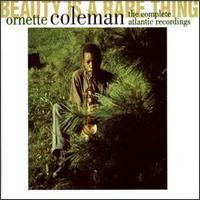
View On WordPress
#Beauty Is a Rare Thing#Billy Higgins#Charlie Haden#Classic Albums#Don Cherry#Ed Blackwell#Eric Dolphy#Freddie Hubbard#Free Jazz#Jazz History#John Lewis#Modern Jazz Quartet#Nesuhi Ertegun#Ornette Coleman#Ornette on Tenor#Scott LaFaro#The Art of the Improvisers#The Shape of Jazz to Come#To Whom Who Keeps A Record#Twins#Yves Beauvais
4 notes
·
View notes
Text
youtube
The 60's remain a period that did have a lot of incredible turns as we've heard, yet some brands got ignored a bit thanks to their prominence waning. Look, jazz was still revolutionary then, though the genre was in a slightly overlooked place, since rock took a lot of media attention, yet there were many who did contribute to the incredible developments of the idiom that continues to happen, by the way. Of course, jazz in the era had a variety of names, which can be called their biggest masters. One of them, Herbie Hancock, began his career at the time and while his 60's do not fuse much with the other styles as his opus did later on, he showed his greatness. Then again, he kept surviving the working relationship with Miles Davis, which meant the latter saw him as a peer.
#Youtube#herbie hancock#takin' off#three bags full#freddie hubbard#dexter gordon#butch warren#billy higgins#alfred lion#60's music#jazz
1 note
·
View note
Text
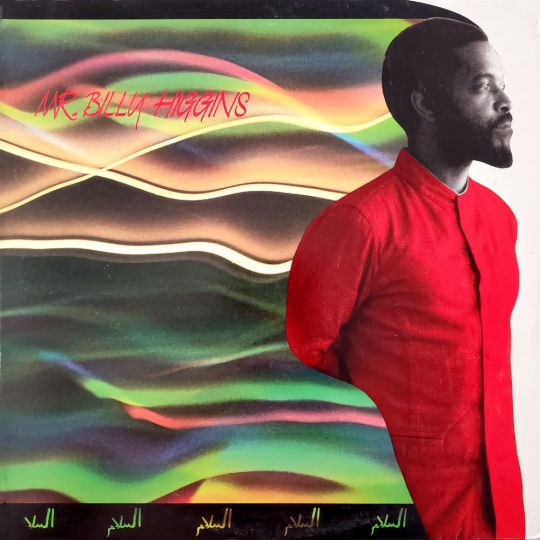
4 notes
·
View notes
Text
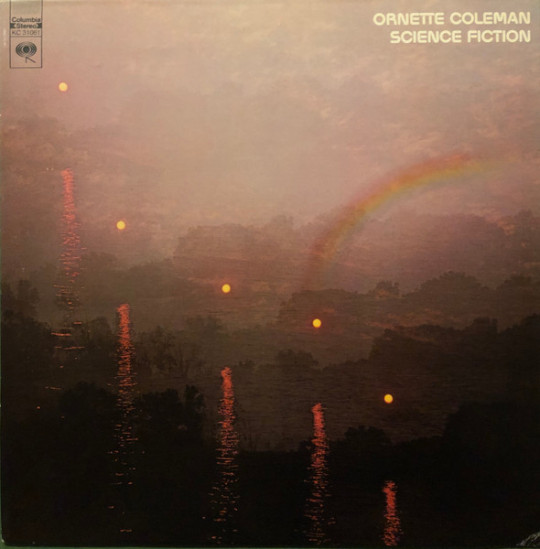
youtube
"What Reason Could I Give" is the opener on Ornette Coleman's Science Fiction (1972, Columbia). w/ my father, Dewey Redman, Ed Blackwell, Billy Higgins, trumpeters Carmon Fornarotto & Gerard Schwarg, vocalist Asha Puthli.
#charlie haden#jazz#jazz music#ornette coleman#dewey redman#ed blackwell#billy higgins#asha puthli#free jazz#Youtube
4 notes
·
View notes